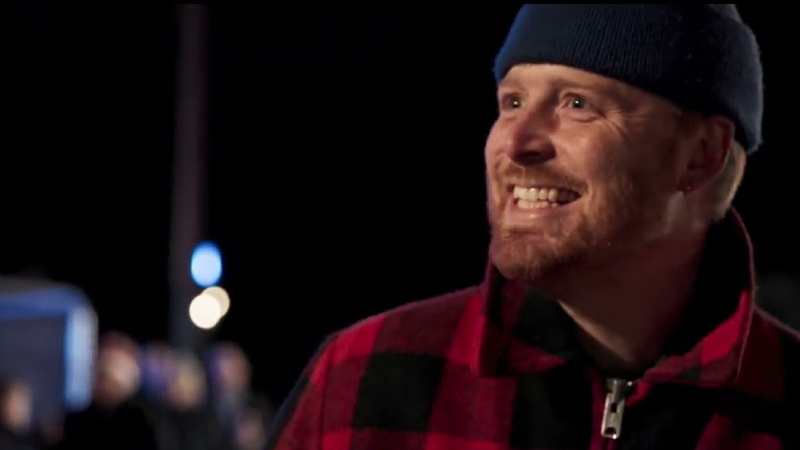




When 24-year-old Kit Vincent found out that he had a brain tumour, and that his life expectancy has between four and eight years, he immediately switched on his camera and pointed it towards his divorced parents, and occasionally towards himself. He decided to use cinema as a tool for personal liberation (a purpose that fits in well with our dirty vision of film). Making this documentary became a cathartic experience, a coping mechanism and an integral part of his treatment. It was not a smooth and straightforward journey: at times Kit asked himself whether the filmmaking was having the precisely opposite effect on him, in what is a highly confessional and intimate register of a human being coping with impeding death and suffering.
He puts both of his folks through the wringer. He makes his mother Julie visibly uncomfortable as he questions her absence during his disease, and her silence about her past (she was adopted). She harbours a dark secret, and an unexpected revelation helps to shed light on her seemingly selfish behaviour. Perhaps she was just trying to protect her son from an awful knowledge. She eventually breaks down at the recognition that she will have grapple with his death, in what’s perhaps the film’s most poignant scene. His father Lawrence is a lot more present and doting. He provides Kit with the affection and support network required, while using his Jewish faith in order to cope with the immense pain (Julie and Kit do not express any religious affiliations).

This is a very honest and brave yet uneven piece of first-person cinema. It starts with snapshots of Kit’s childhood, then it suddenly fast forwards to present day, leaving a huge gap in between. We learn very little about Kit’s passions in life. He is introduced as a filmmaker, yet this looks like a craft that he picked after his diagnosis (his IMDB suggests this is his very first work). There is little insight into what constituted the human being both in front and behind the cameras prior to the discovery of the tumour. His love life too is left virtually untouched. His partner Isobel is almost entirely absent. The young woman barely shows her face and speaks, except for the quick glance at home and at the doctor’s as Kit considers freezing his sperm, He never confronts and asks her difficult questions.
Ultimately, this is a register of a man desperately scrambling to instil joy into his fragile and tragically short existence, and to help his loved ones to cope with the suffering and the impendings loss. He spares viewers from his regular seizures, but not from the most heart-wrenching interactions with his family. He explains that he set out to create something positive at which people can look and remember him after he’s gone. He’s partly successful. While humbling, this is hardly an uplifting film.
Red Herring premiered at IDFA in 2023. In cinemas on Friday, May 3rd (2024). On BFI Player on Friday, May 17th. On various platforms on May 24th.
















